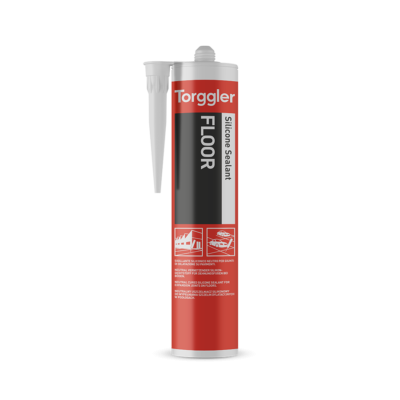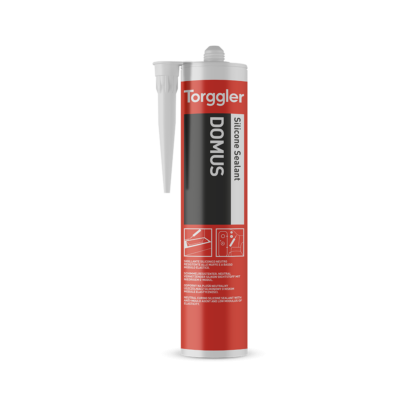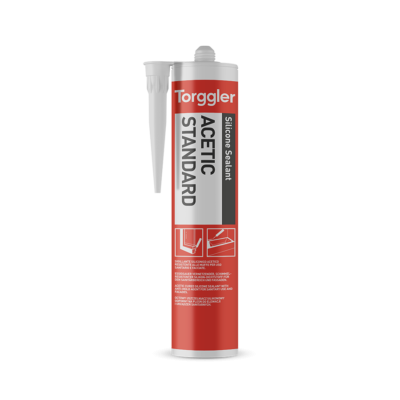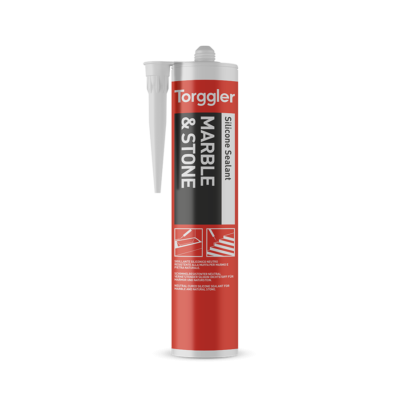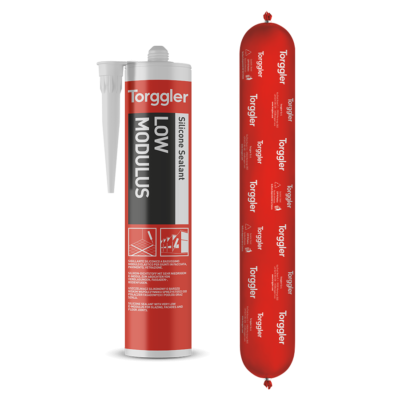Pedestrian walkways
The role of expansion joints at floor level may seem to many to be a secondary aspect. In reality, the issue is of crucial importance: the joints, in fact, are ‘cuts’ pre-established in the design phase and artfully made that have the function of absorbing the inevitable movements of neighbouring elements in order to avoid a rapid deterioration of the floors. This type of application, given the stresses involved, is particularly delicate. The problems encountered at the design level, at the time of installation and during operation must be taken into account to the utmost.
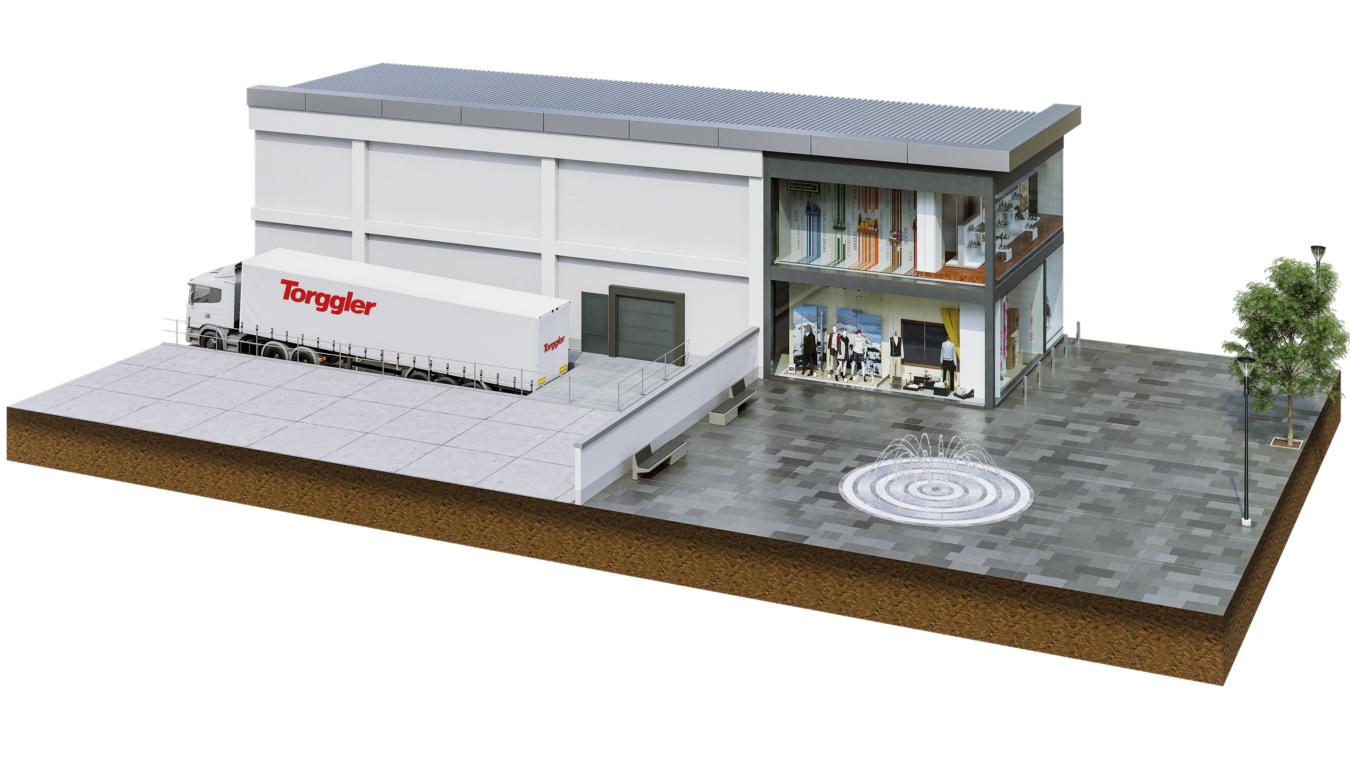
1
2
3
1. Expansion joint sealing on industrial flooring
Floor
Neutral curig silicone sealant for floor applications.


2. Joint sealing in contact with water
Domus
Neutral curing silicone sealant with anti-mould agent and low modulus of elasticity.








Acetic Standard
Acetic curing silicone sealant with anti-mould agent for sanitary use and facades.





Marble & Stone
Neutral curing silicone sealant with low modulus of elasticity for marble and natural stone.





3. Expansion joint sealing on pedestrian pavement
Low Modulus
Neutral silicone sealant with very low elastic modulus, for use on façades and floors.





